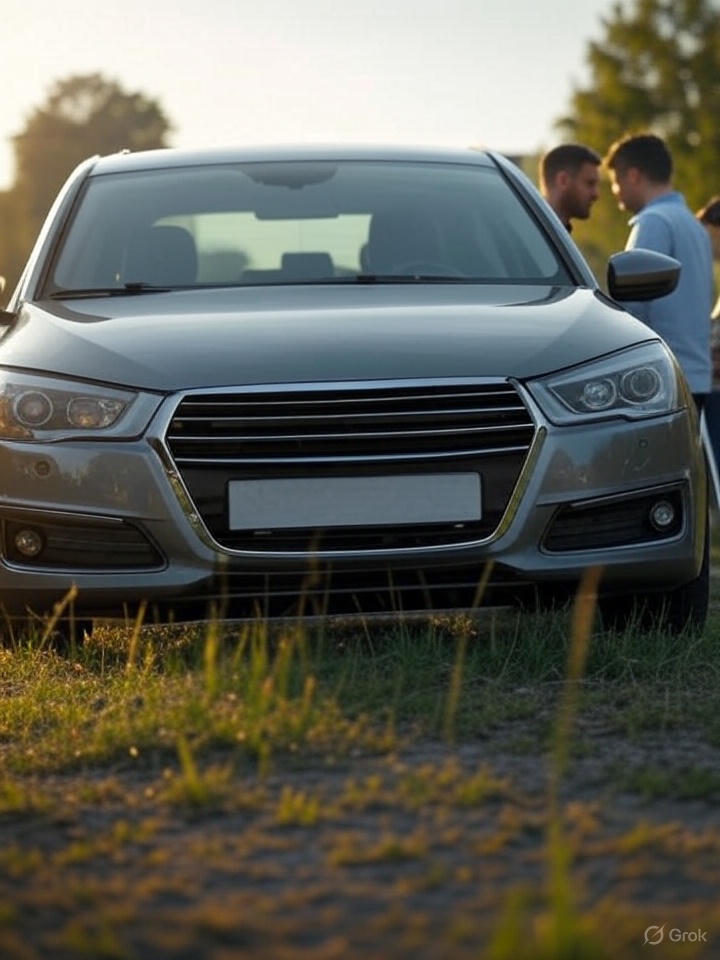When it comes to owning and operating a motor vehicle, most people focus on the thrill of the drive, the freedom of the open road, and the convenience of modern transportation. But with that freedom comes responsibility—and motor vehicle insurance is one of the most crucial responsibilities a car owner has.
While many drivers settle for the minimum legal requirement, the real peace of mind comes with comprehensive motor vehicle insurance. In this article, we explore why motor vehicle insurance is essential, the types of coverage available, and why going comprehensive can protect you far beyond just the basics.
What Is Motor Vehicle Insurance?
Motor vehicle insurance is a contract between you and an insurance provider that protects you financially in case of an accident, theft, or other vehicle-related damages. You pay a premium, and in return, the insurer agrees to cover specific losses under the terms of your policy.
There are generally three main types of motor insurance:
- Third-Party Only – Covers damages to others (people and property), not your own vehicle.
- Third-Party, Fire & Theft – Adds protection if your vehicle is stolen or catches fire.
- Comprehensive Insurance – Covers third-party damages and your own vehicle, regardless of who is at fault.
Why Is Motor Vehicle Insurance Important?
1. Legal Protection
In most countries, having at least third-party insurance is mandatory by law. Driving without insurance is not only illegal but could result in:
- Hefty fines
- License suspension
- Vehicle impoundment
- Even jail time in serious cases
Comprehensive insurance keeps you fully protected and compliant.
2. Financial Security
Accidents can happen to even the most cautious drivers. Without insurance, you could be personally liable for:
- Repairing or replacing your car
- Medical bills for yourself and others
- Legal costs if you’re sued
- Property damage to others’ vehicles or buildings
🚗 One major accident could cost thousands—or even millions—without coverage.
Comprehensive insurance absorbs most of these costs, saving you from financial devastation.
3. Covers Theft, Vandalism & Natural Disasters
Car theft is unfortunately a reality, especially in urban areas. A standard third-party policy won’t help you if your vehicle is stolen or vandalized.
With comprehensive insurance, you’re protected against:
- Theft and attempted theft
- Vandalism
- Fire or explosion
- Storms, floods, and natural disasters
- Falling objects (like trees or debris)
🔒 Peace of mind isn’t just about accidents—it’s knowing you’re covered for the unexpected.
4. Accidents When You’re at Fault
Accidents where you’re at fault can be financially crushing if you only have third-party insurance.
Comprehensive insurance pays for:
- Your car’s repairs or replacement
- Damage you cause to others
- Injuries you or your passengers sustain
Even if you’re responsible, your insurer steps in to cover the costs—protecting both your wallet and your reputation.
5. Added Benefits and Perks
Comprehensive motor vehicle insurance often comes with extra features that sweeten the deal, such as:
- Roadside assistance (towing, flat tires, dead battery, etc.)
- Courtesy or replacement vehicle during repairs
- Windscreen cover
- No-claim bonuses and discounts
- Personal belongings cover inside the vehicle
💡 These added services can be lifesavers when you’re in a pinch.
Why Going Comprehensive Makes Sense
Here’s a simple truth: cheap insurance can be expensive in the long run. Third-party policies may save you money upfront, but leave you dangerously exposed to large expenses.
Comprehensive insurance is:
- Wider in coverage
- More flexible in claims
- Stronger in protection
And let’s face it—your car is one of your biggest assets. Why wouldn’t you want the best protection for it?
Who Should Choose Comprehensive Motor Vehicle Insurance?
✅ New car owners
✅ People who rely on their vehicle daily
✅ Those living in high-theft or high-risk areas
✅ Anyone who values peace of mind and financial security
✅ Drivers who park in public spaces or outdoors regularly
How to Choose the Right Comprehensive Policy
When shopping for comprehensive coverage, consider the following:
- Premium costs – Compare quotes from different providers.
- Excess/deductibles – Know how much you’ll pay out-of-pocket before the insurer steps in.
- Exclusions – Understand what isn’t covered.
- Customer service – Read reviews and ask about claim processing times.
- Add-ons – Look for value-added benefits like breakdown cover, roadside assistance, and legal aid.
Conclusion
In a world full of uncertainties, comprehensive motor vehicle insurance is your safety net. It’s more than just a legal requirement—it’s a financial safeguard, a stress reliever, and a smart investment in your vehicle and your future.
Sure, you may never use it. But when you do need it, you’ll be glad you went comprehensive.
Because when it comes to protecting your vehicle and your peace of mind, cutting corners isn’t worth the risk.
